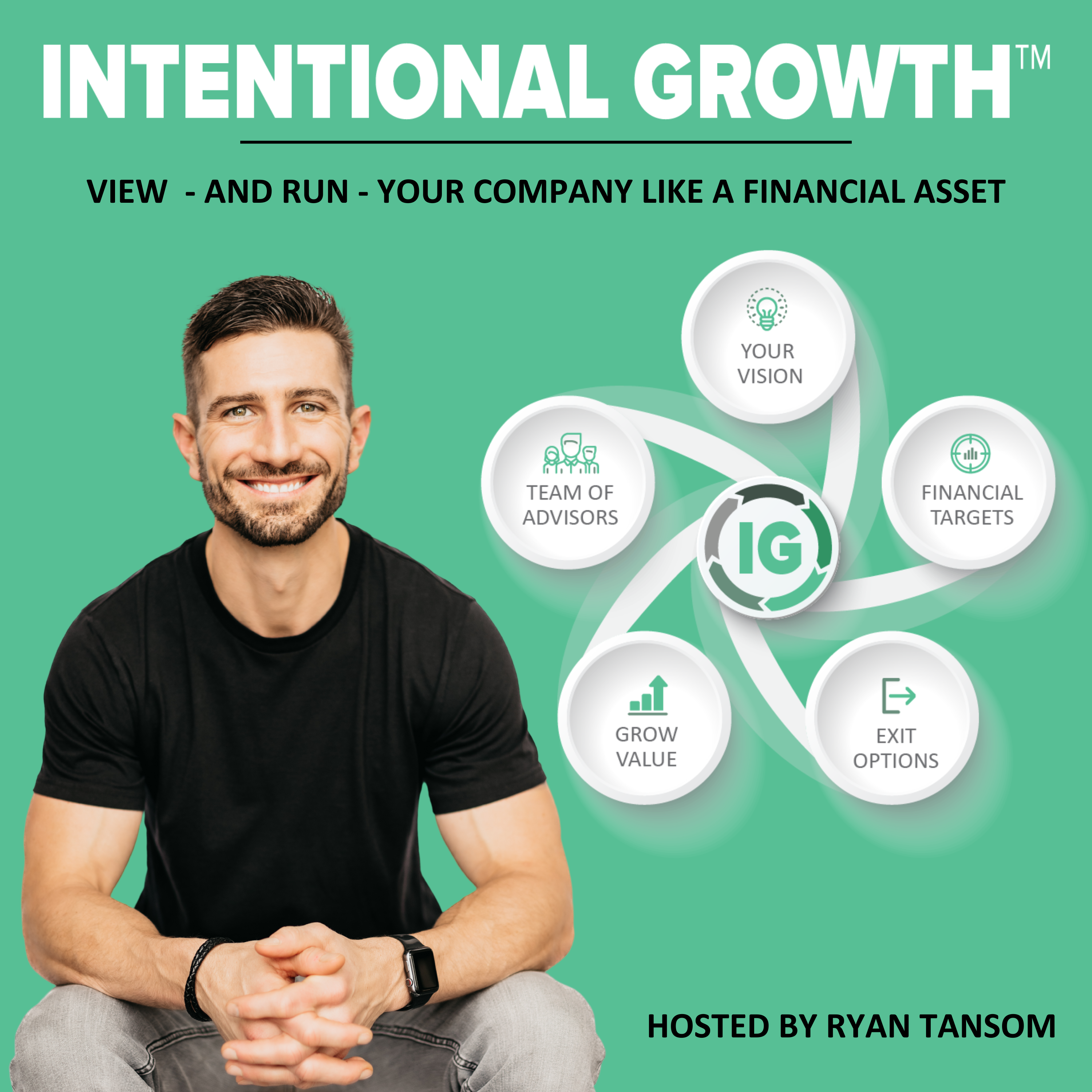#371: The Chief Executive Operating System - Rethinking The Role of The CEO with Joel Trammell
In today's fast-paced business world, successful partnerships are not merely a meeting of skills but a collaboration and alignment of visions among visionaries, investors, and operators. Whether it's between two entrepreneurial spirits, the intricate relationship between founder and investor, or ownership and leadership, ensuring alignment in both short and long-term goals can determine the success of the venture. It is also necessary to understand the constraints of our short-term decisions and how they impact our long-term goals. While written agreements lay a foundation, it's the essence of these alliances, the unwritten spirit of cooperation, that truly steers the ship. Often, major challenges arise out of situations that change the original spirit of the venture, and there is no written document on how to handle the new situation and its impact on the business and everyone's goals. It becomes even more emotionally charged when the different parties have varying degrees of education on topics like investing, capital, operations, taxes, valuations, etc. This podcast interview and accompanying show notes dive into the weeds of achieving alignment in business partnerships, emphasizing the importance of separating roles, upholding fairness, and intentionally preparing for both anticipated and unexpected challenges. // Sign up for the Intentional Growth™ Starter Kit: the kit has intro videos on each of the 5 Intentional Growth™ Principles, the Intentional Growth™ Financial Scorecard along with videos reviewing a case study on how to project out the value of your company, and the entire Intentional Growth™ Podcast Library. //WATCH THE INTERVIEW ON YOUTUBE: Intentional Growth™ Podcast Key Takeaways: 1. The "People" Pillar underscores the CEO's essential role in leadership, emphasizing that success is achieved not just through tasks but through effectively managing and engaging individuals. CEOs must balance the interests of diverse stakeholders, from employees to shareholders, ensuring alignment toward the company's overarching goals. By understanding individual behavioral tendencies and fostering effective communication, CEOs can harmonize team dynamics, leading to organizational success and growth. In essence, effective people management is the linchpin of sustainable business growth and value creation. 2. The “Execution” Pillar is crucial for a CEO because it involves turning the company's vision into tangible results. Joel emphasizes that it's not enough to merely set goals or outline visions; a CEO must ensure that organizational strategies, resources, and actions align perfectly with these desired outcomes. Furthermore, the CEO role involves understanding and balancing internal organizational tensions to optimize performance. In essence, execution ensures that the day-to-day operations and long-term strategies of the business are in harmony, which is key to achieving organizational success and growth. <br />3. The “You” (self-management) Pillar is pivotal for a CEO because it addresses the often solitary nature of the role, emphasizing the importance of personal well-being and ego check. Recognizing the need for constant learning and seeking external support ensures that CEOs make objective decisions and remain adaptable in a changing business environme

